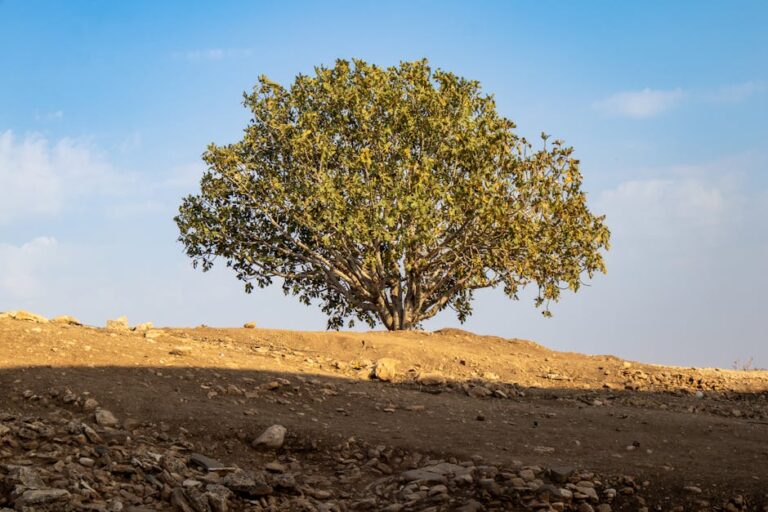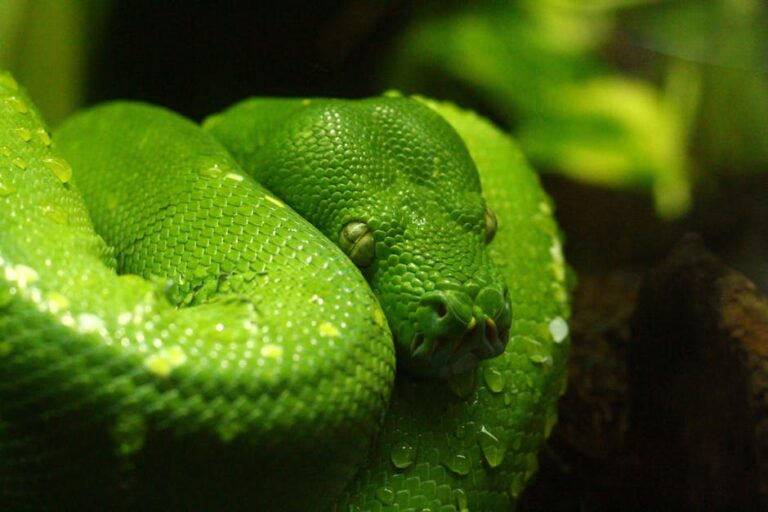Arctic reindeer face extinction crisis as climate change threatens to cut populations by more than half

The world’s reindeer populations are heading toward a dramatic collapse, with new research predicting that more than half of all reindeer could disappear by 2100 due to accelerating climate change. The study paints a stark picture for the 2.4 million reindeer currently roaming the Arctic tundra and boreal forests, where rising temperatures are rapidly destroying their frozen habitat.
Already classified as vulnerable by the International Union for Conservation of Nature following a 40% population decline over three generations, reindeer—known as caribou in North America—now face an even bleaker future. Under current high-emissions climate projections, researchers estimate the species’ range will shrink by 46%, forcing these cold-adapted animals into an ever-diminishing refuge of suitable habitat.
The crisis became starkly visible during July 2025’s deadly heat wave across Norway, Sweden, and Finland, which shattered temperature records and killed numerous reindeer. Desperate animals were spotted wandering into towns, seeking water and escape from the extreme heat and swarming insects. Scientists determined that human-caused climate change made this heat wave at least 10 times more likely and 2°C hotter than it would have been naturally.
The impacts extend far beyond wildlife conservation. Finland’s Indigenous Sámi people, who depend on semi-domesticated reindeer herds for their traditional way of life, report that deforestation and military expansion are compounding climate pressures. “When forests are logged, the tree-hanging lichen, the primary winter food of reindeer, is lost,” explains Osmo Seurujärvi, a Sámi herder, highlighting how multiple human activities are converging to threaten both the species and Indigenous cultures that have coexisted with reindeer for millennia.
This article was written by the EnviroLink Editors as a summary of an article from: Mongabay







